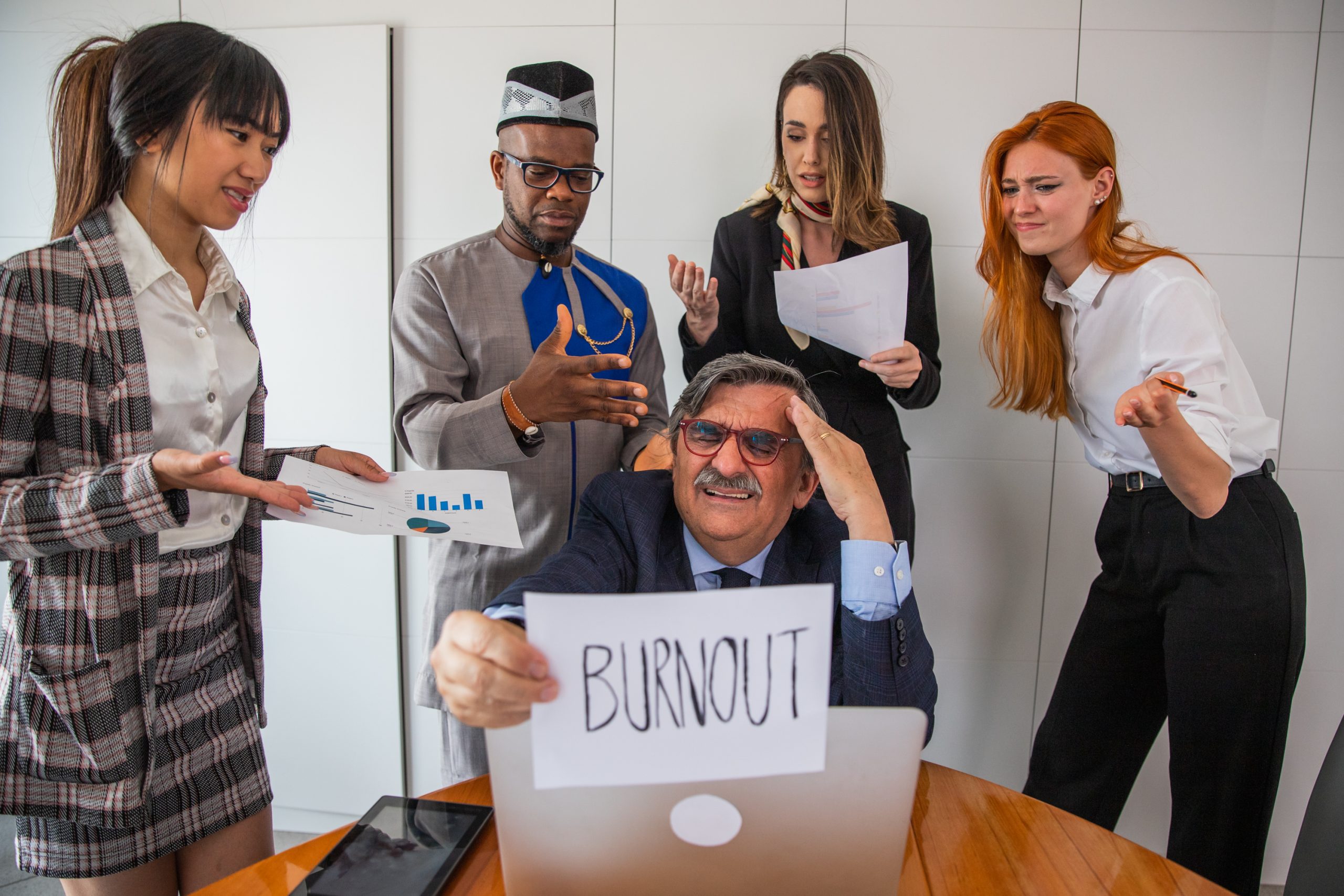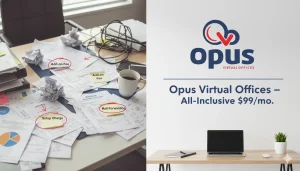Burnout Survival Guide: How to Pretend You’re Fine While Screaming Internally

Burnout is a state of emotional, physical, and mental exhaustion caused by prolonged stress and anxiety. It’s something that can affect anyone, no matter what job they do. When you’re burned out, you may feel overwhelmed, emotionally drained, and unable to meet constant demands. The consequences of workplace burnout can be severe, especially when it comes to your everyday life.
How Workplace Burnout Affects Your Job
- Reduced Productivity and Efficiency
When you’re burned out, you might find it harder to get your work done. Tasks that once seemed easy may now feel overwhelming. You might struggle to concentrate, forget important details, or make more mistakes than usual. This decrease in productivity can lead to missed deadlines and a drop in the quality of your work. - Lack of Motivation
Burnout often leads to a significant loss of motivation. You may no longer feel excited about your work or proud of your accomplishments. The passion that once drove you to do your best might fade away, leaving you feeling indifferent or even resentful toward your job. This lack of motivation can make it difficult to get out of bed in the morning or to put in the effort needed to succeed. - Increased Absenteeism
When you’re burned out, it can be tempting to avoid work altogether. You might find yourself calling in sick more often, even when you’re not physically ill. This can lead to increased absenteeism, which not only affects your job performance but can also strain relationships with your colleagues and supervisors. - Strained Relationships at Work
Burnout can take a toll on your relationships with coworkers. You might become irritable, impatient, or withdrawn, making it difficult to collaborate effectively. Misunderstandings and conflicts can arise more easily, and you may start to feel isolated from your team. This can create a negative work environment, making your job even more stressful. - Physical and Mental Health Issues
The effects of burnout aren’t just limited to your job. Chronic stress can lead to a range of physical and mental health problems, including headaches, insomnia, depression, and anxiety. Over time, these issues can become serious enough to interfere with your ability to work and enjoy life. - Decreased Job Satisfaction
When workplace burnout sets in, you might start to question whether your job is worth the effort. Tasks that once brought you satisfaction and fulfillment may now feel like a burden. This decrease in job satisfaction can lead to a downward spiral where the more burned out you feel, the less you enjoy your work, and the less you enjoy your work, the more burned out you become. - Risk of Job Loss
In extreme cases, burnout can even lead to job loss. If your performance declines significantly due to burnout, your employer may notice, and well… that’s not good. If you’re unable to meet the demands of your role, or if your attitude becomes too negative, you could be at risk of losing your job. This can be devastating, both financially and emotionally.
How to Avoid Workplace Burnout
While burnout can have serious consequences, it’s also something that can be prevented. Here are some strategies to help you avoid burnout and maintain a healthy relationship with your job.
- Set Realistic Goals
One of the key factors that contribute to burnout is setting unrealistic goals. If you constantly push yourself to achieve more than is possible, you’re setting yourself up for failure. It’s important to set realistic, achievable goals that allow you to succeed without putting too much pressure on yourself. Break larger tasks into smaller, manageable steps, and celebrate your achievements along the way. - Take Regular Breaks
Working nonstop might seem like the best way to get things done, but it can actually be counterproductive. Taking regular breaks throughout the day allows you to recharge and return to your work with renewed energy. Even a short walk, a few minutes of deep breathing, or a quick chat with a colleague can help you reset and avoid burnout. - Prioritize Self-Care
Self-care is crucial for preventing burnout. This means making time for activities that clear your mind, such as exercise, healthy eating, and getting enough sleep. It also means setting boundaries between work and personal life. Avoid checking work emails or taking work calls during your off-hours. Instead, use your free time to relax and do things you enjoy. - Learn to Say No
Say it with me… no. It’s important to recognize your limits and learn to say no when necessary. Taking on too much can lead to overwhelm and burnout. If you’re already stretched thin, don’t be afraid to decline additional responsibilities. It’s better to do a few things well than to do many things poorly. - Seek Support
Don’t be afraid to ask for help if you’re feeling overwhelmed. Talking to a supervisor, HR representative, or trusted colleague about your workload can lead to solutions that make your job more manageable. If you’re struggling with mental health issues, consider seeking support from a counselor or therapist. - Stay Connected
Maintaining strong connections with friends and family can provide a buffer against burnout. They can offer support, encouragement, and a different perspective on your work-related stress. Make time to connect with loved ones, whether it’s through a phone call, a visit, or a shared activity. - Find Meaning in Your Work
Sometimes, burnout can stem from feeling like your work doesn’t matter. Try to find meaning in what you do by focusing on the positive impact your work has on others. Whether it’s helping a colleague, serving a customer, or contributing to a larger goal, recognizing the value of your work can reignite your passion and help prevent burnout. - Consider a Change
If you’ve tried everything and you’re still feeling burned out, it might be time to consider a change. This could mean talking to your employer about adjusting your role, seeking out new challenges within your current job, or even exploring new career opportunities. Sometimes, a change in environment or responsibilities can make all the difference.
You Know What Can Help with Burnout? A Virtual Office.
Yeah, I know it sounds weird, but it’s true. Getting a virtual office means less or no time in an actual office and more time doing things you actually enjoy. With Opus Virtual Offices, you’ll receive a prestigious business address, a local business phone number, mail handling, fax, and live call answering, so your business will never miss a call. All of this for $99 a month. Get the prestige of a huge business without the hefty overhead. It’s an opportunity your business can’t miss. Workplace burnout will be a thing of the past. In the end, remember, Rome wasn’t built in a day, and your inbox won’t be conquered in one either. Take a breath and have a laugh, you’ve earned it.





























